Home>Articles>What Kind Of Insulation Is Best For Basement Ceiling
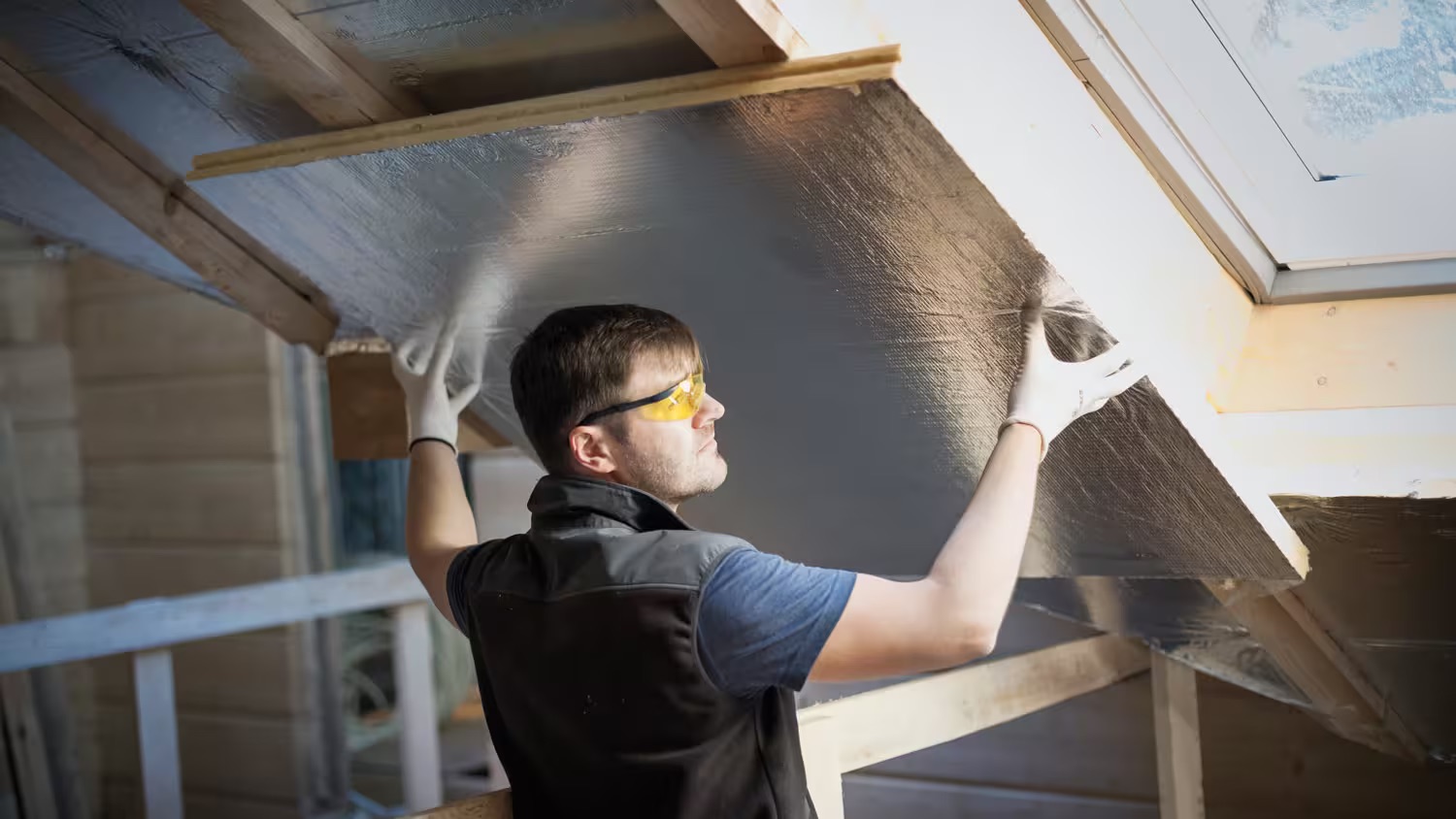

Articles
What Kind Of Insulation Is Best For Basement Ceiling
Modified: October 28, 2024
Looking for the best insulation for your basement ceiling? Read our informative articles to discover the ideal insulation types for optimal temperature control and energy efficiency.
(Many of the links in this article redirect to a specific reviewed product. Your purchase of these products through affiliate links helps to generate commission for Storables.com, at no extra cost. Learn more)
Introduction
Insulating the basement ceiling is an essential step in creating a comfortable and energy-efficient home. The basement is often an area that requires insulation due to its proximity to the ground, which can result in cold drafts, moisture issues, and high energy costs. However, with several insulation options available on the market, it can be challenging to determine which one is best for your basement ceiling.
In this article, we will explore the different types of insulation and discuss their pros and cons. By considering factors such as cost, ease of installation, effectiveness, and durability, you will be better equipped to make an informed decision about the best insulation for your basement ceiling.
Key Takeaways:
- Fiberglass insulation is a cost-effective choice for basement ceilings, offering good thermal performance, moisture resistance, and sound absorption. It’s a popular option due to its versatility and ease of installation.
- When insulating your basement ceiling, consider factors such as moisture resistance, soundproofing needs, and energy efficiency goals. Consult with professionals to make an informed decision and create a comfortable, sustainable living space.
Read more: What Insulation To Use In Basement Ceiling
Factors to Consider when Insulating Basement Ceilings
Before diving into the specific types of insulation, it’s important to take into account several factors that can impact your decision-making process.
1. Moisture and Mold: Basements are prone to moisture issues, making it crucial to choose an insulation material that can withstand damp conditions and inhibit the growth of mold. Look for insulation options that have moisture resistance properties to prevent any potential damage.
2. Access Points: Consider the accessibility of your basement ceiling. If you have limited access, it may be challenging to install certain types of insulation. In such cases, you may want to opt for insulation that can be spray-applied or rigid foam panels that can fit through smaller access points.
3. Soundproofing: If your basement serves as a living space or a home theater, you might want to prioritize soundproofing. Look for insulation materials that offer excellent sound-dampening properties, such as fiberglass or cellulose insulation.
4. Fire Safety: Fire safety is a crucial factor to consider, especially if your local building codes require specific fire-resistant ratings. Several insulation options, such as spray foam, have fire-retardant properties and can provide an added layer of safety for your basement.
5. Insulation R-Value: Consider the desired level of insulation for your basement ceiling. The R-value measures the thermal resistance of the material – the higher the R-value, the better the insulation. Consult with an insulation specialist or refer to local building codes to determine the recommended R-value for your area.
6. Cost: Set a budget for your insulation project, taking into account the cost of materials, labor, and any additional tools or equipment required for installation. Keep in mind that while some insulation options may have a higher upfront cost, they can result in long-term energy savings.
By carefully considering these factors, you can make an informed decision about the best insulation material for your basement ceiling. Now, let’s explore some of the most common types of insulation used for this purpose.
Fiberglass Insulation
Fiberglass insulation is one of the most popular options for insulating basement ceilings. It consists of tiny glass fibers that are spun together to create an insulating material. Here are some key points to consider:
- Effectiveness: Fiberglass insulation provides good thermal performance, helping to regulate temperature and reduce energy costs in the basement. It has a relatively high R-value, typically ranging from R-11 to R-38, depending on the thickness of the insulation.
- Moisture Resistance: Fiberglass insulation is naturally resistant to moisture, making it a suitable option for basements prone to dampness. It does not absorb water, preventing the growth of mold and mildew.
- Sound Absorption: Fiberglass insulation has excellent sound-absorbing qualities, making it an ideal choice if you want to reduce noise transmission between basement rooms or from upper floors.
- Installation: Fiberglass insulation is available in batts or rolls and is relatively easy to install. It can be cut to fit between floor joists and ceiling beams. However, it’s important to wear protective gear during installation to avoid skin irritation caused by the tiny glass fibers.
- Cost: Fiberglass insulation is considered a cost-effective option for insulating basement ceilings. The cost will depend on the size of the area and the thickness of the insulation required.
- Fire Safety: Most fiberglass insulation products are available with a fire-resistant coating or treatment, providing an additional layer of fire protection. However, it’s essential to check the specific fire ratings of the product you choose.
Fiberglass insulation is a versatile and commonly used insulation material for basement ceilings. Its thermal performance, moisture resistance, and sound-absorbing properties make it a reliable choice for creating a comfortable and energy-efficient basement space.
Cellulose Insulation
Cellulose insulation is another popular option for insulating basement ceilings. It is made from recycled paper fibers and treated with fire-retardant chemicals to enhance its performance. Here’s what you need to know about cellulose insulation:
- Effectiveness: Cellulose insulation has a high R-value, usually ranging from R-3.2 to R-3.8 per inch of thickness. It provides excellent thermal performance, helping to reduce heat loss and energy costs in the basement.
- Moisture Resistance: Cellulose insulation can absorb moisture, which can be a concern in damp basement environments. However, it can also help buffer moisture fluctuations and allow the basement to stay within a controlled moisture range.
- Soundproofing: Similar to fiberglass, cellulose insulation is effective in reducing sound transmission between basement rooms and from the floors above.
- Installation: Cellulose insulation is typically blown into place using a specialized machine. This allows for seamless and thorough coverage, even in hard-to-reach areas. However, professional installation is recommended to ensure proper installation and avoid any potential issues.
- Cost: The cost of cellulose insulation can vary depending on the size of the area and the thickness of the insulation required. While it may have a slightly higher upfront cost compared to fiberglass, it offers excellent long-term energy savings.
- Fire Safety: Cellulose insulation is treated with fire-retardant chemicals, making it resistant to fire and reducing the spread of flames. However, it is important to check the specific fire ratings of the product you choose.
Cellulose insulation is a sustainable and effective option for insulating basement ceilings. Its high R-value, soundproofing qualities, and fire-resistant properties make it a popular choice among homeowners.
Consider using rigid foam insulation for the basement ceiling, as it provides high R-value and moisture resistance. It can also help with soundproofing and is easy to install.
Spray Foam Insulation
Spray foam insulation is a versatile option that is growing in popularity for insulating basement ceilings. It is applied as a liquid and expands to fill the spaces, creating an airtight seal. Here are the key points to consider:
- Effectiveness: Spray foam insulation has excellent insulating properties, providing a high R-value per inch of thickness. It creates a continuous insulation barrier that helps to prevent air leakage, reduce heat transfer, and enhance energy efficiency in the basement.
- Moisture Resistance: Closed-cell spray foam insulation, in particular, has a moisture-resistant structure that can help prevent the passage of water vapor and protect against moisture-related issues in the basement.
- Soundproofing: Spray foam insulation effectively reduces sound transmission, making it an ideal choice for basement ceilings, especially if soundproofing is a priority.
- Installation: Spray foam insulation is applied by professionals using specialized equipment. The liquid foam expands and hardens within minutes, creating a seamless and tight insulation layer. Professional installation is essential to ensure proper application and avoid any potential issues.
- Cost: Spray foam insulation tends to have a higher upfront cost compared to other insulation types. However, its superior insulation performance can result in long-term energy savings, making it a cost-effective choice in the long run.
- Fire Safety: Spray foam insulation is inherently fire-resistant and can help to inhibit the spread of flames. It can provide added fire protection to the basement ceiling area.
Spray foam insulation offers excellent insulation performance and can effectively seal any gaps or cracks in the basement ceiling. Its ability to resist moisture, reduce sound transmission, and enhance energy efficiency makes it a compelling choice for homeowners considering basement ceiling insulation.
Read more: What R-Value Insulation For Basement Ceiling
Rigid Foam Insulation
Rigid foam insulation, also known as foam board insulation, is a type of insulation made from rigid foam panels. It is an excellent option for insulating basement ceilings due to its durability and high insulating properties. Here’s what you need to know:
- Effectiveness: Rigid foam insulation offers high thermal resistance and excellent insulation performance. It has a higher R-value per inch compared to other insulation materials, providing superior thermal insulation for the basement ceiling.
- Moisture Resistance: Rigid foam insulation is resistant to moisture and does not absorb water, making it an ideal choice for preventing moisture-related issues in the basement. However, proper installation and sealing of seams are important to maintain its moisture resistance.
- Soundproofing: Rigid foam insulation has limited sound-dampening properties. If soundproofing is a priority, combining rigid foam insulation with other sound-absorbing materials may be necessary.
- Installation: Rigid foam insulation comes in panels that can be easily cut and fitted between floor joists and ceiling beams. It can be installed by homeowners with basic DIY skills. However, proper sealing of the seams and edges is crucial to prevent air leakage.
- Cost: The cost of rigid foam insulation can be higher compared to other insulation types. However, its durability and long-term performance make it a worthwhile investment, especially for homeowners looking for a long-lasting insulation solution.
- Fire Safety: Some rigid foam insulation products have fire-retardant properties, offering enhanced fire resistance for the basement ceiling. It’s important to check the specific fire ratings of the product you choose.
Rigid foam insulation is a durable and effective option for basement ceiling insulation. Its high insulation performance, moisture resistance, and easy installation make it a preferred choice for homeowners looking for long-lasting and efficient insulation solutions.
Reflective Insulation
Reflective insulation, also known as radiant barrier insulation, is a unique type of insulation that reflects heat back to its source. It is designed to reduce radiant heat transfer and can be used in conjunction with other insulation materials. Here’s what you need to know about reflective insulation:
- Effectiveness: Reflective insulation works by reflecting radiant heat, helping to maintain a comfortable temperature in the basement. It is most effective in hot climates where there is a significant amount of radiant heat gain.
- Moisture Resistance: Reflective insulation is not inherently moisture resistant. Therefore, it is important to install a vapor barrier alongside reflective insulation to prevent moisture-related issues in the basement.
- Soundproofing: Reflective insulation is not primarily designed for soundproofing. It focuses more on managing heat transfer through reflection rather than dampening sound waves.
- Installation: Reflective insulation usually comes in rolls or sheets that can be easily cut and installed between floor joists and ceiling beams. It is lightweight and can be DIY-friendly, requiring minimal tools for installation.
- Cost: Reflective insulation is typically more affordable compared to other types of insulation. However, its effectiveness may vary depending on the climate and specific conditions of the basement.
- Fire Safety: Reflective insulation is generally considered to have good fire resistance. However, it’s important to check the specific fire ratings of the product you choose and provide proper fire barriers as required by local building codes.
Reflective insulation can be a suitable addition to your basement ceiling insulation strategy, especially if you are looking to manage radiant heat gain. It is important to consider the specific conditions of your basement and consult with insulation professionals to determine if reflective insulation is a viable option for your needs.
Conclusion
Choosing the best insulation for your basement ceiling is essential for creating a comfortable, energy-efficient, and functional living space. The decision should be based on several factors, including moisture resistance, soundproofing needs, ease of installation, fire safety, insulation R-value, and cost.
Fiberglass insulation offers a cost-effective option with good thermal performance and sound absorption. It is a popular choice for basement ceilings due to its moisture resistance and ease of installation.
Cellulose insulation, made from recycled paper fibers, provides excellent thermal insulation and soundproofing qualities. It can help regulate moisture levels and create a comfortable basement environment.
Spray foam insulation offers superior insulating properties, creating an airtight seal that prevents air leakage and reduces heat transfer. Its moisture resistance, soundproofing capabilities, and fire safety make it a compelling option for basement ceilings.
Rigid foam insulation provides high thermal resistance and durability. It is moisture-resistant and easy to install, making it a reliable choice for long-term insulation needs.
Reflective insulation, which focuses on reflecting radiant heat, can be a cost-effective solution in hot climates where radiant heat gain is significant. It can be used in combination with other insulation materials to enhance energy efficiency.
When selecting the best insulation for your basement ceiling, it is important to assess your specific needs and consult with insulation professionals. Consider factors such as your basement’s moisture levels, soundproofing requirements, and energy efficiency goals to make an informed decision.
Ultimately, investing in proper insulation for your basement ceiling will not only improve comfort but also help reduce energy costs and contribute to a healthier and more sustainable living environment.
Interested in upgrading your home's energy efficiency with cutting-edge insulation options? Our upcoming articles delve into the best materials hitting the market in 2024. Discover the wonders of latest fiberglass insulation options, known for its excellent thermal resistance and cost-effectiveness. Or, if you're leaning towards a more modern approach, top foam insulation choices could be right up your alley, offering superb airtight seals. These reads are perfect for anyone aiming to enhance their living space with the latest in insulation technology.
Frequently Asked Questions about What Kind Of Insulation Is Best For Basement Ceiling
Was this page helpful?
At Storables.com, we guarantee accurate and reliable information. Our content, validated by Expert Board Contributors, is crafted following stringent Editorial Policies. We're committed to providing you with well-researched, expert-backed insights for all your informational needs.
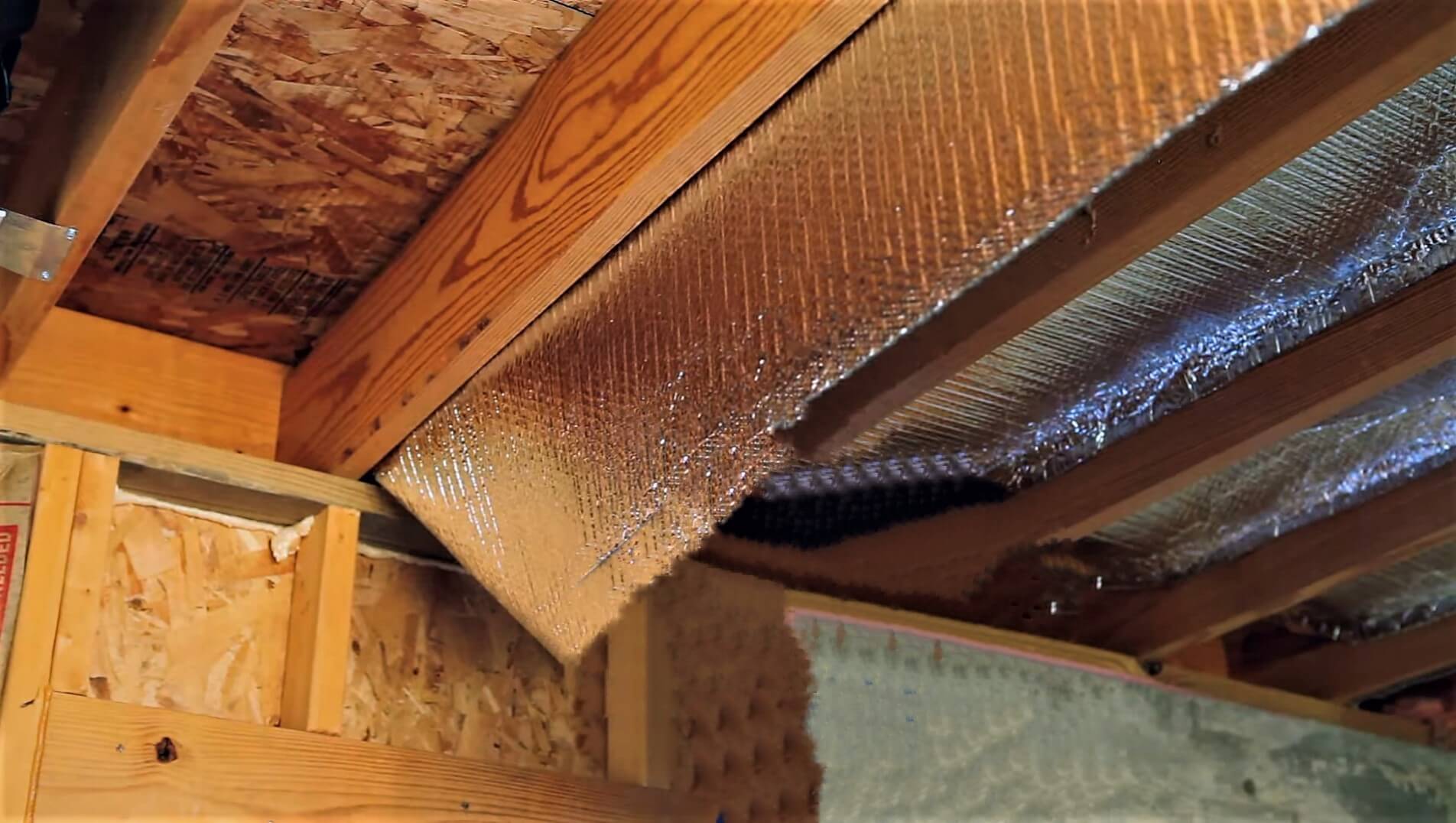
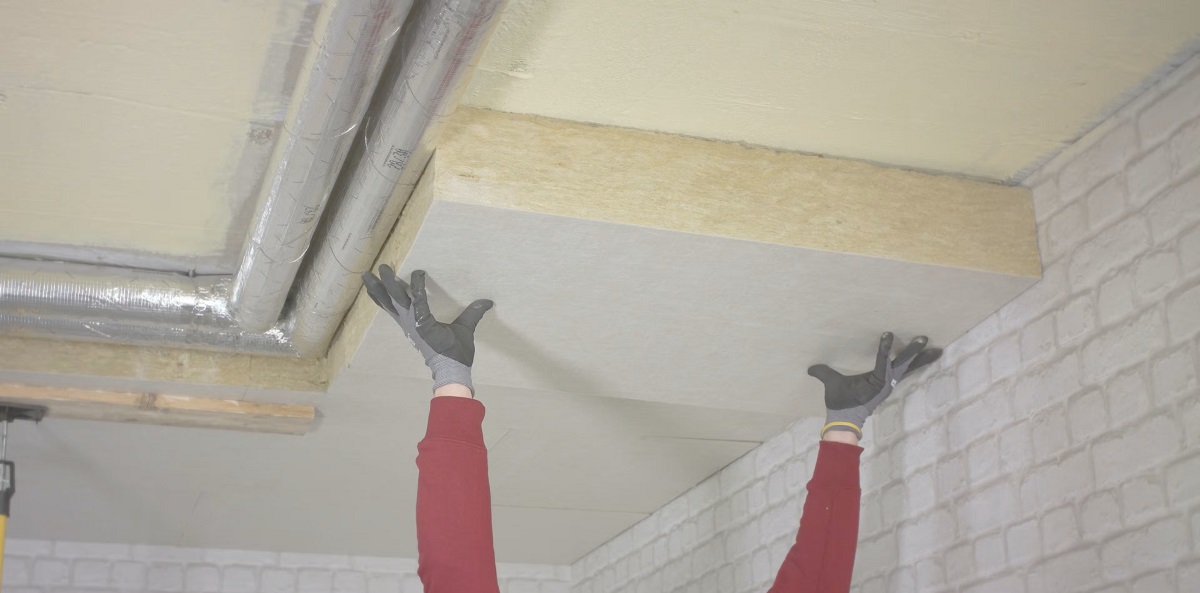
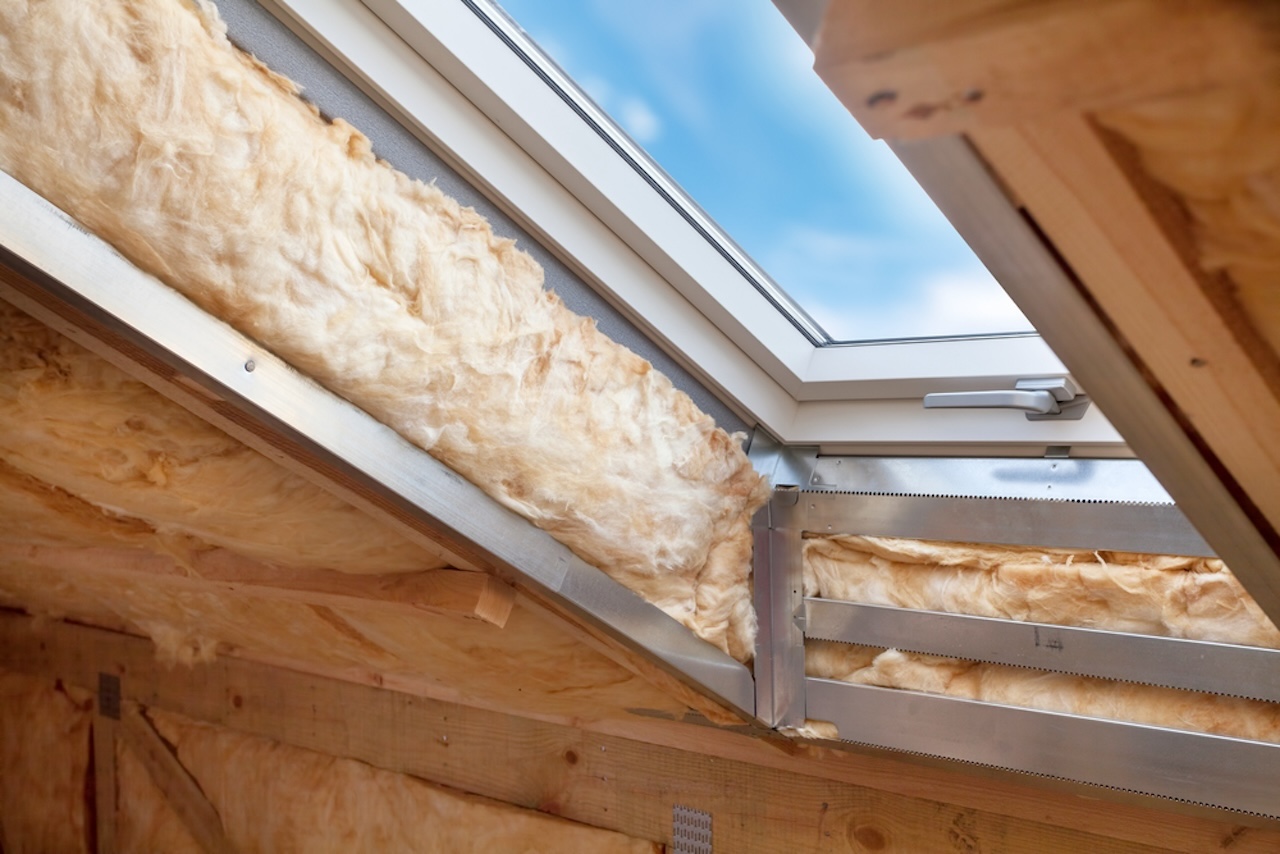
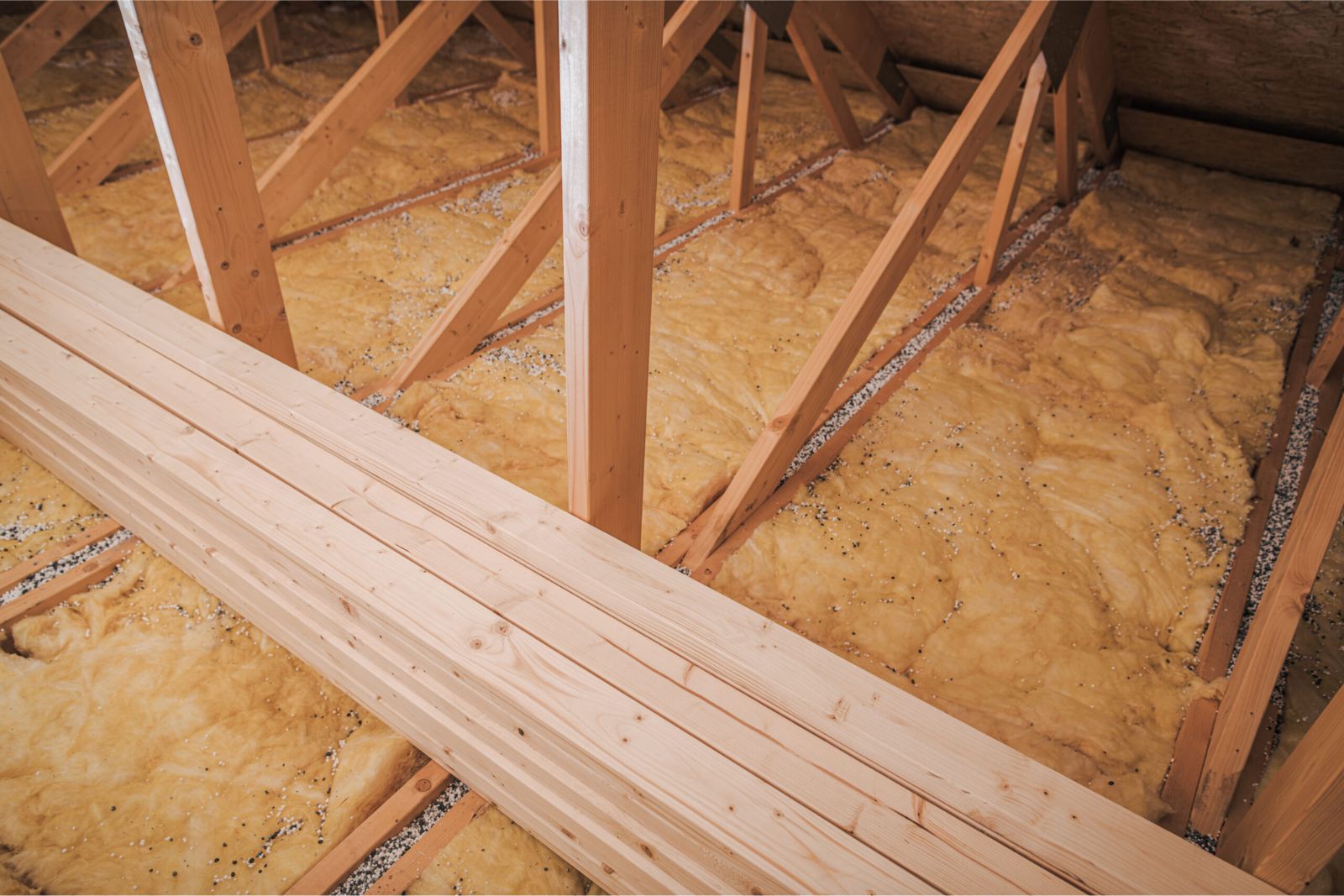
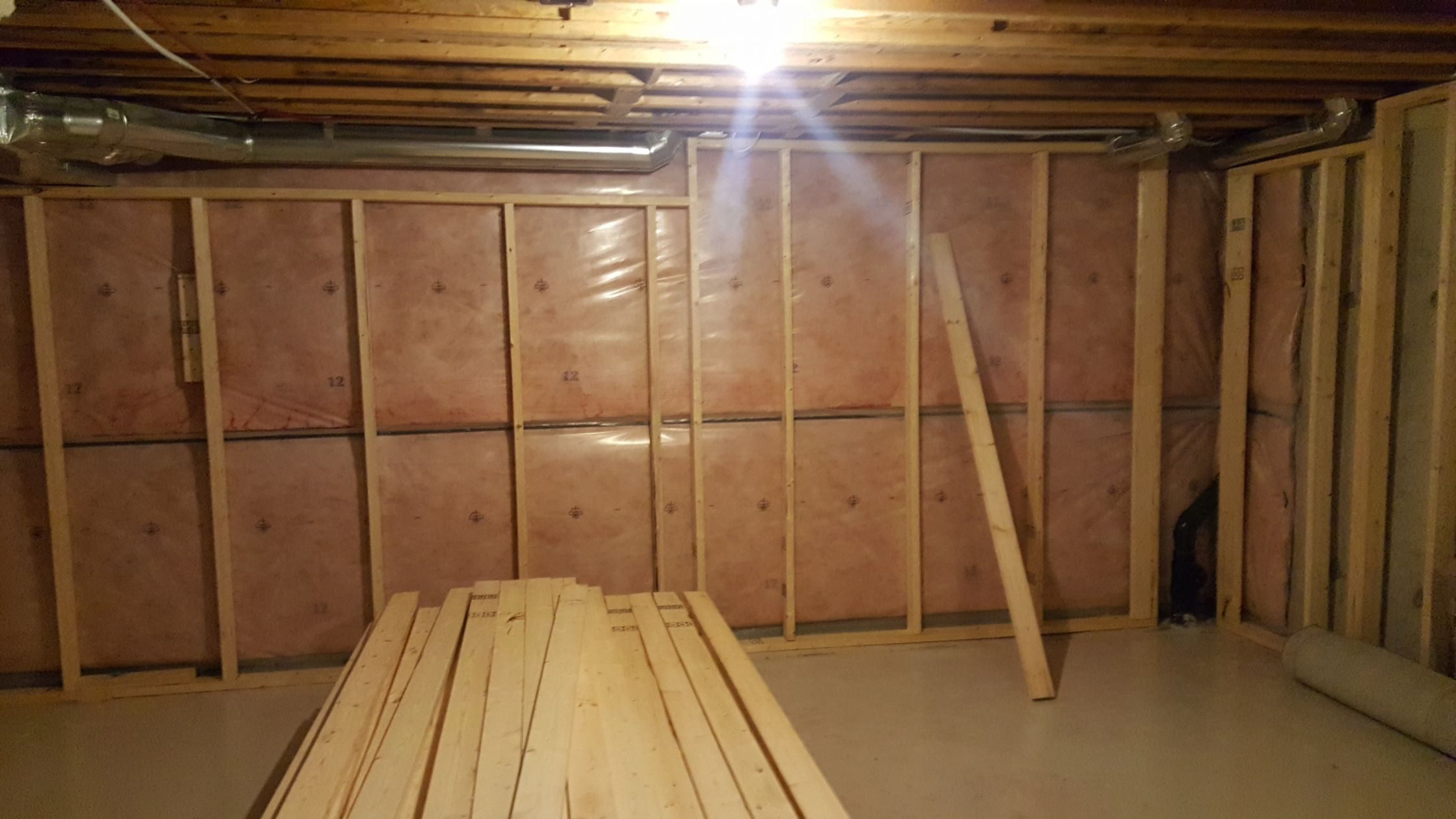
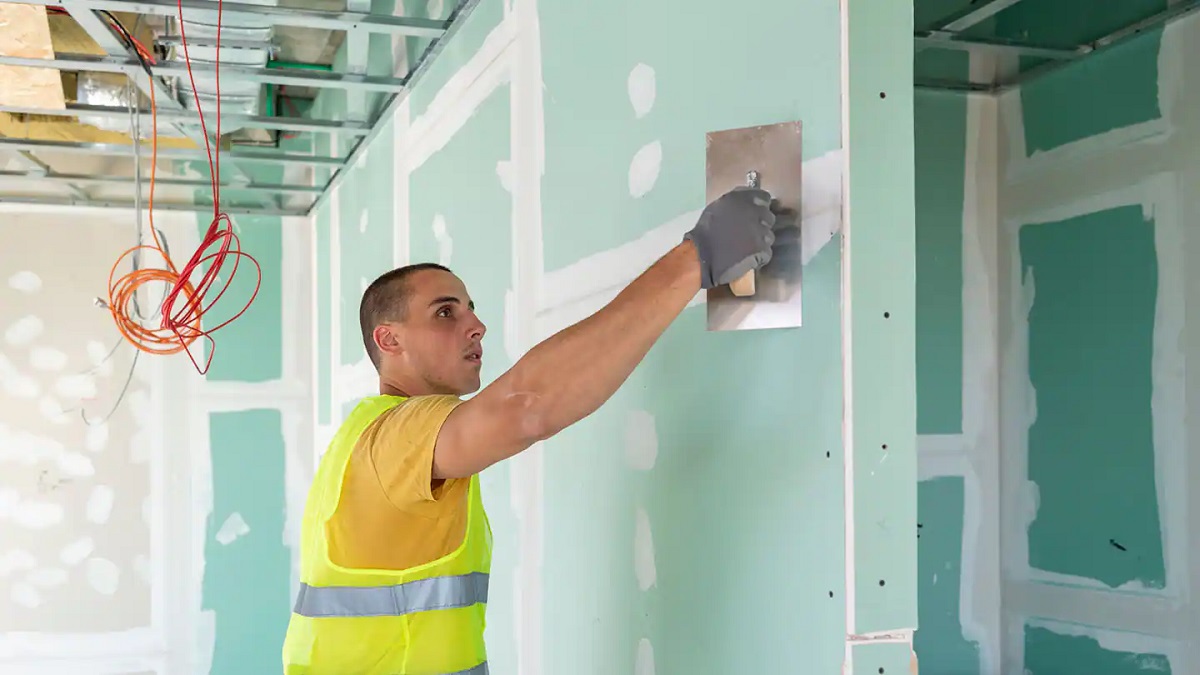
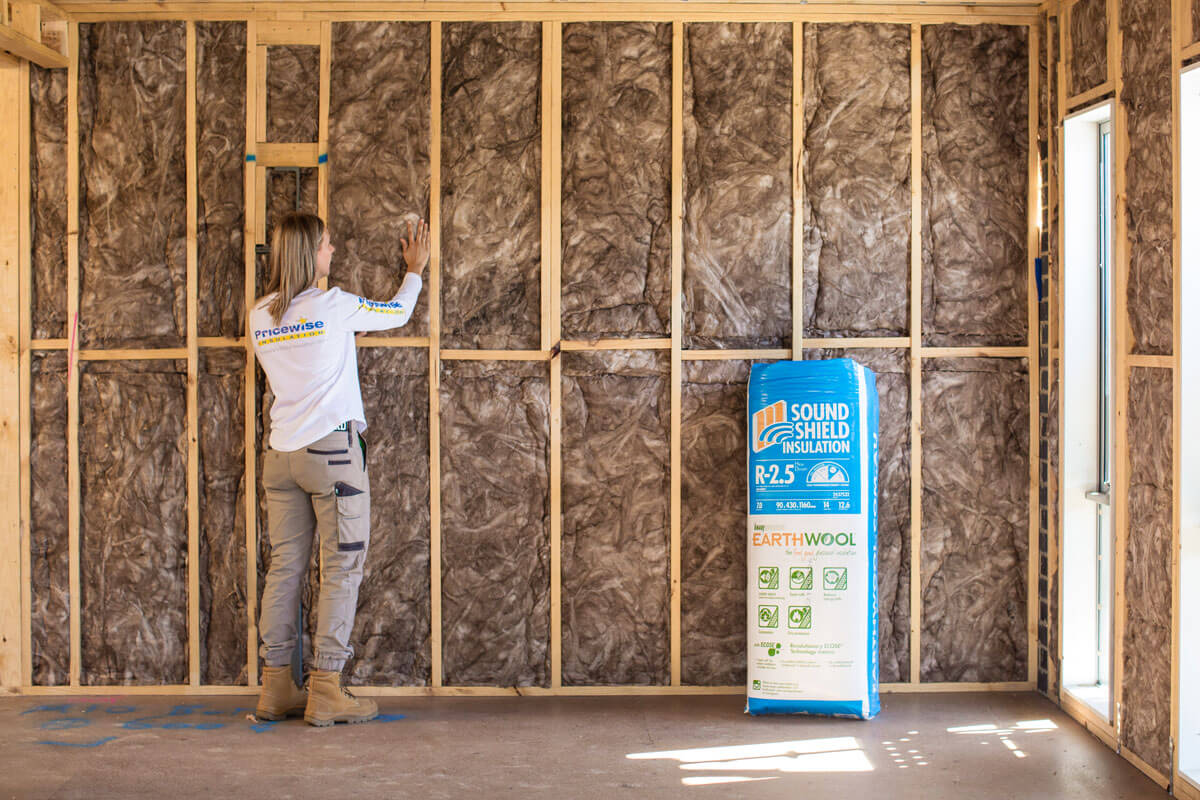
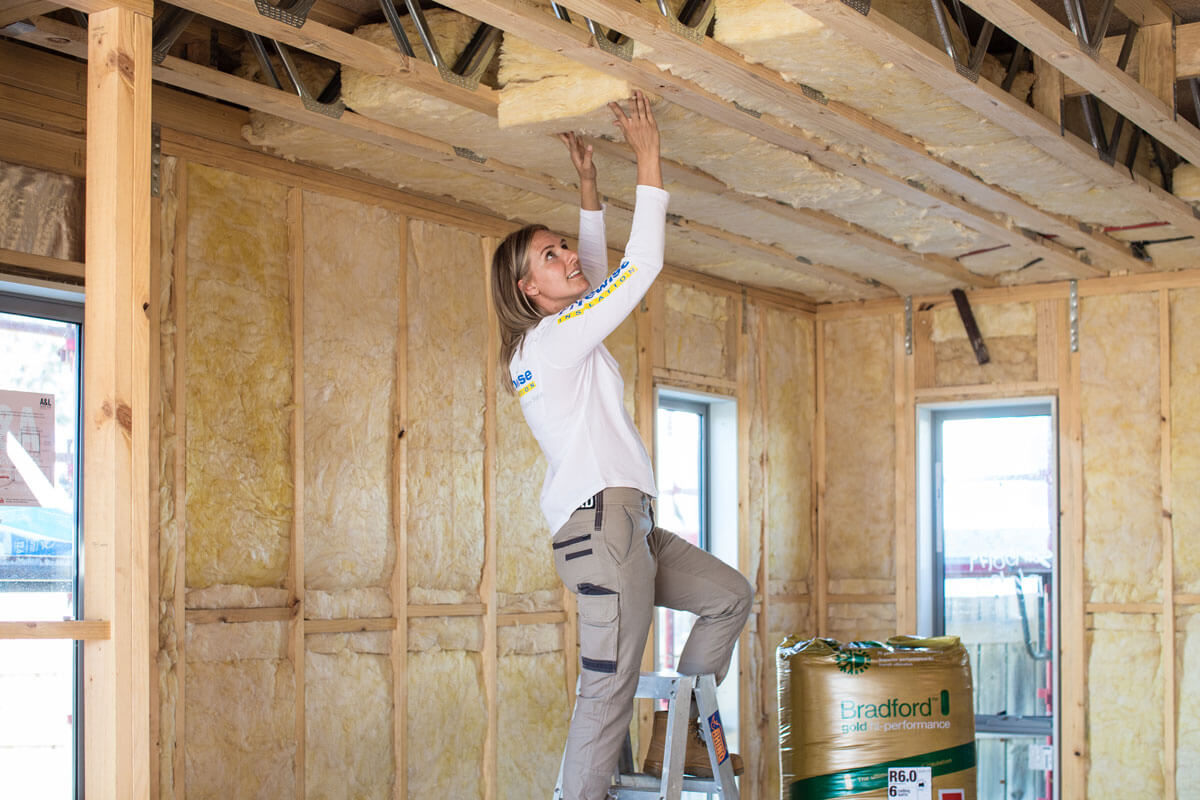
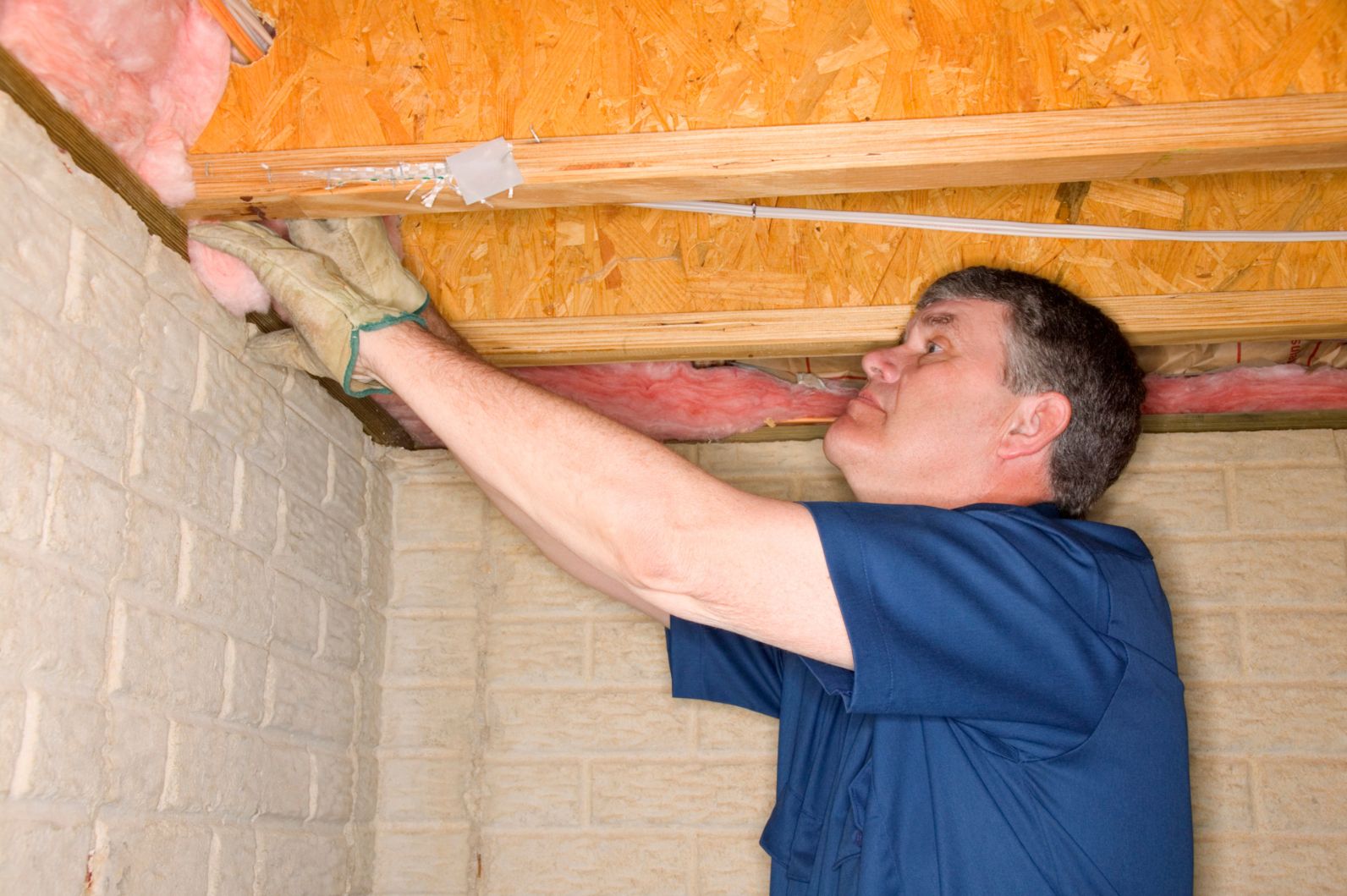
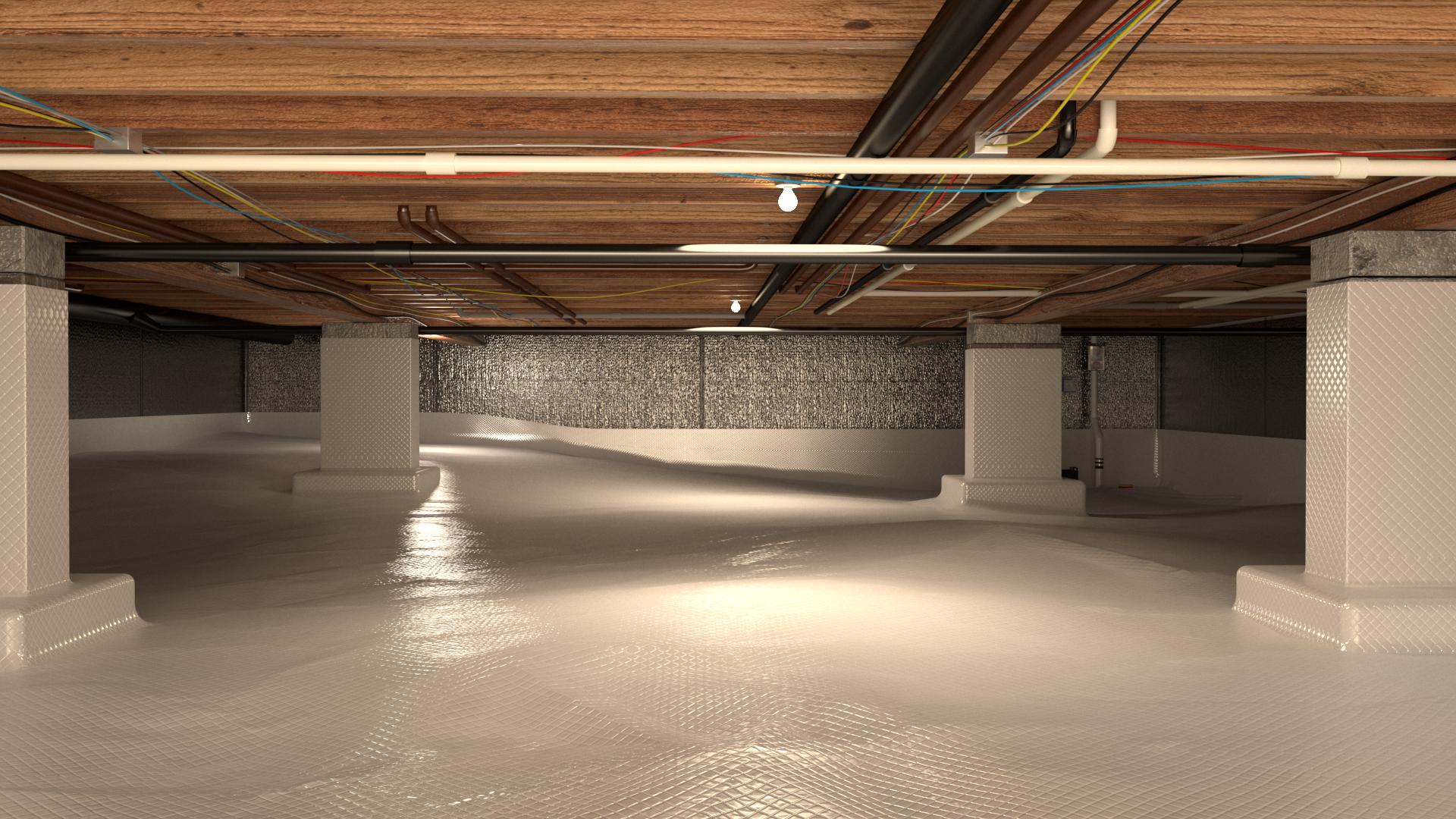
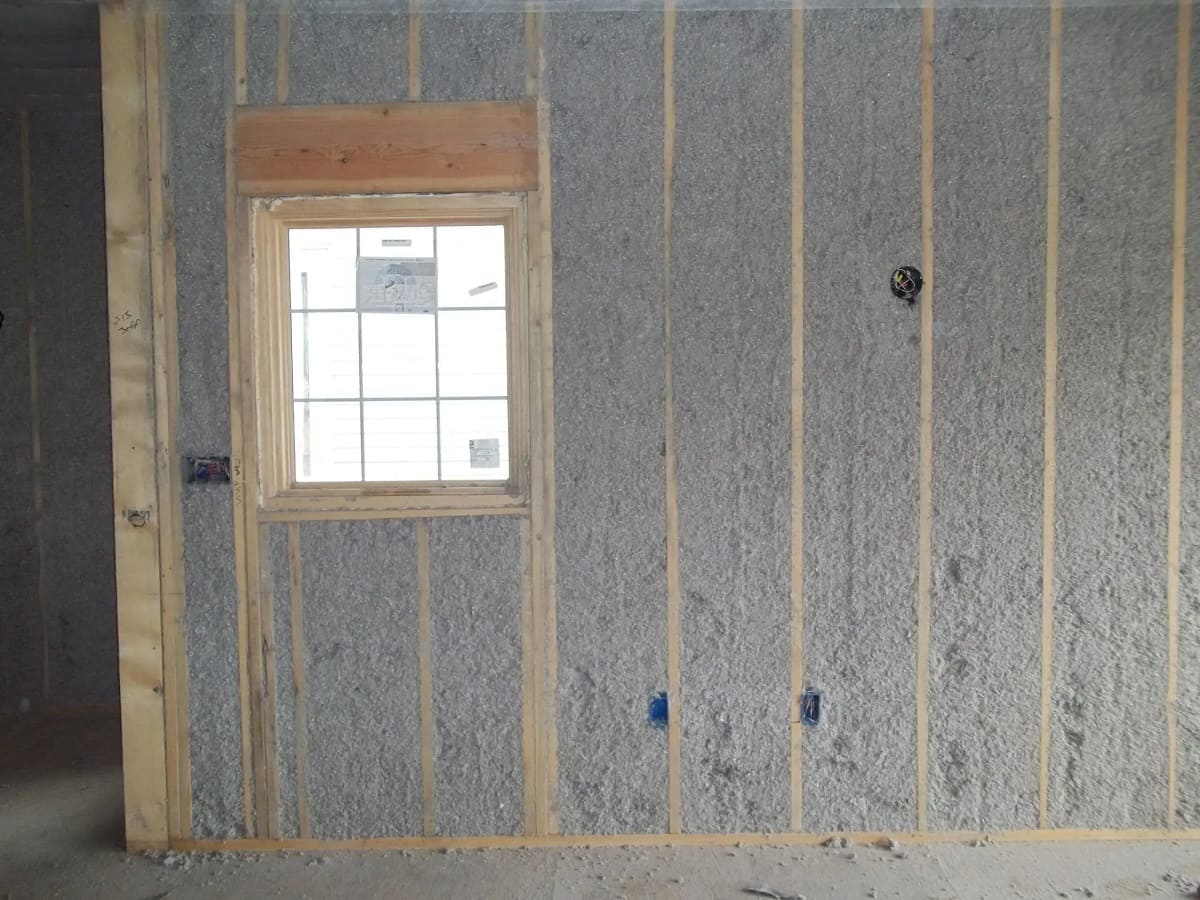

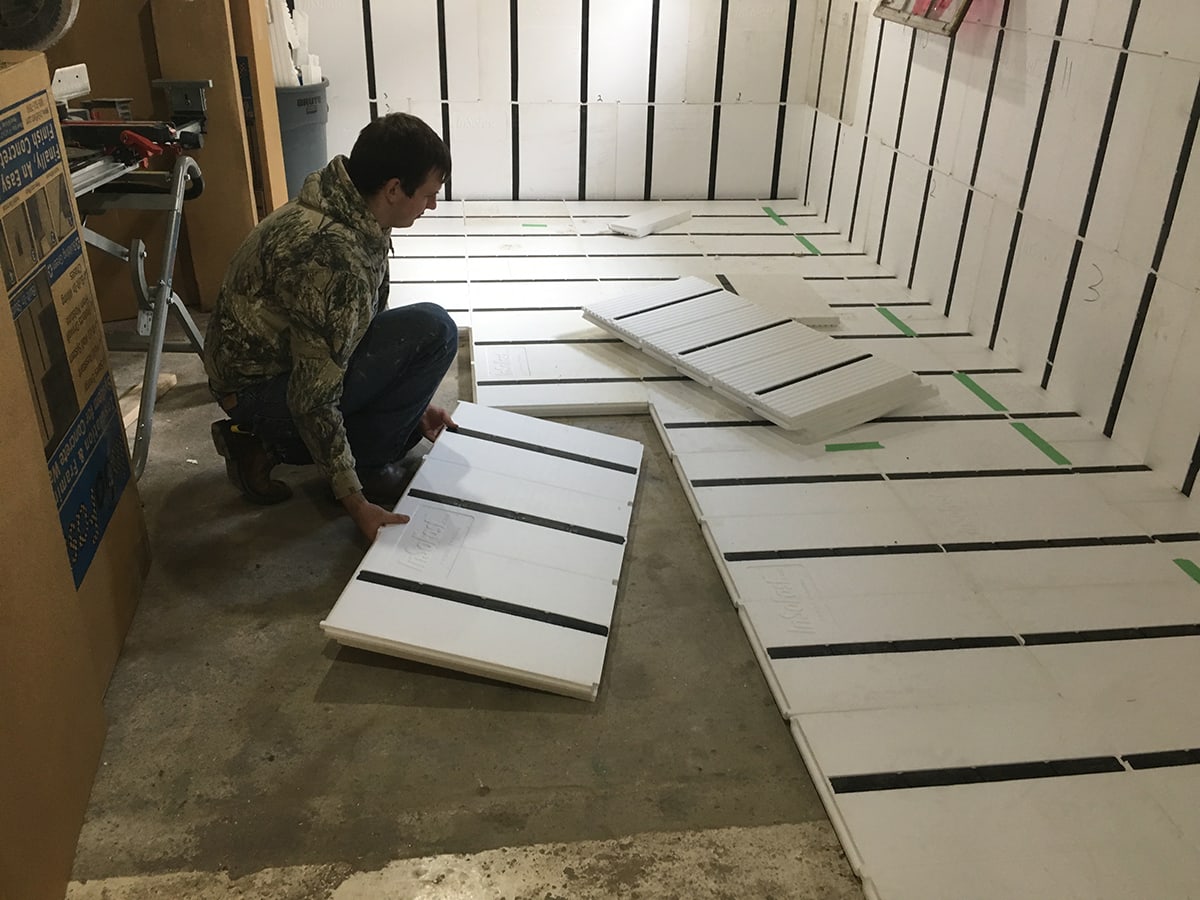
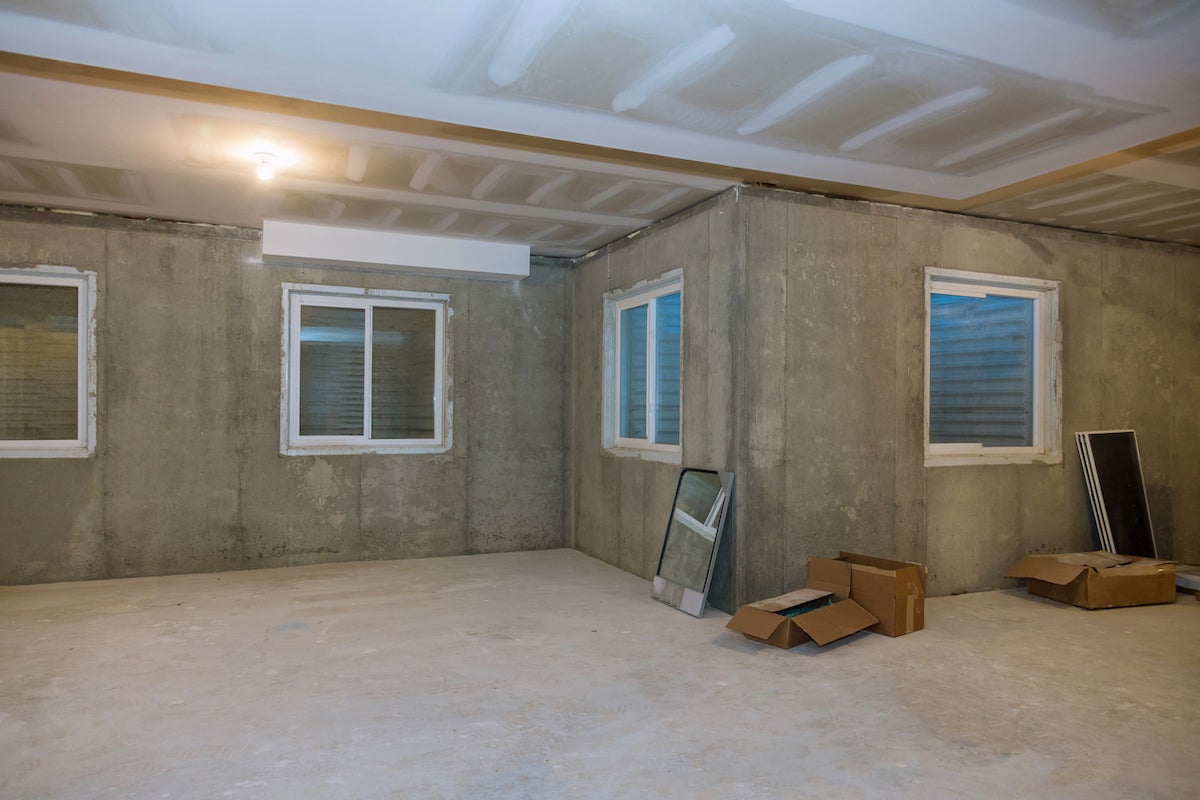

0 thoughts on “What Kind Of Insulation Is Best For Basement Ceiling”